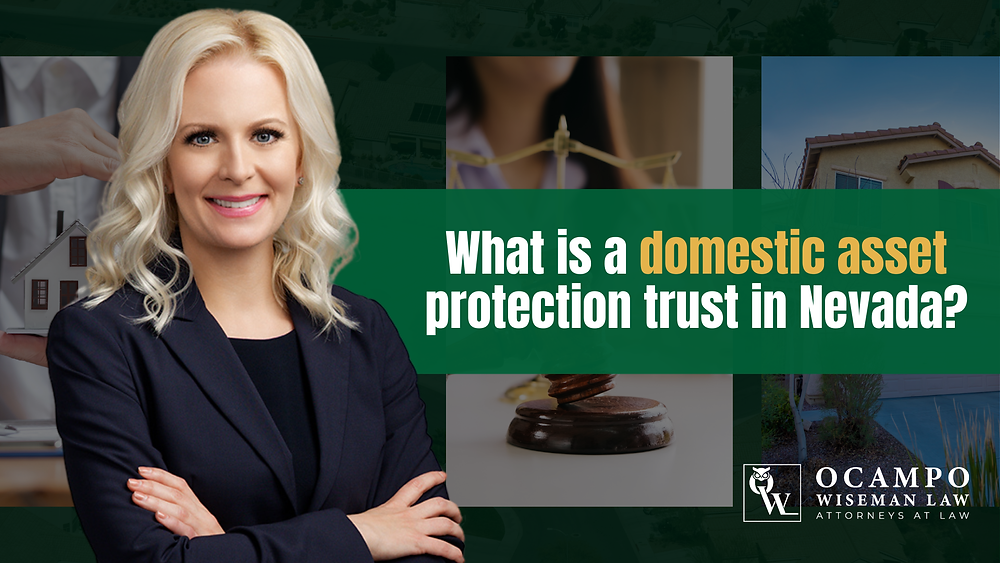Layering Liability through Trusts and LLCs
Around the Gavel by Morris Law Center · Layering Liability through Trusts and LLCs | Around the Gavel Episode 66
When you get your Estate Plan done, many times, there’s an asset protection aspect to it. Not only do you want to pass down your assets to your heirs, which is why you generally create an Estate Plan and you want to make sure it goes to the right people at the right time, but you also want to protect those assets so that they can be passed down to their heirs. This comes up all the time in Estate Planning, and it is part of the process.
What a lot of people don’t know is that the most popular form of Estate Planning is a Living Trust. Unfortunately, Living Trusts do not provide any liability protection; they are purely an Estate Planning move that ensures that you have control of your assets and you tell the Living Trust who is going to get what when you pass away.
If you are sued and you get a judgment against you, though it may stop them from finding it right away, they’re eventually going to find the Trust. For example, let’s say that you do have a judgment against you for a million dollars and it’s against you personally; when they run an asset check, the Trust might not come up right away. However, if they keep digging and they do what’s called a judgment debtor exam, eventually that Trust is going to show up, and everything in that Trust is exposed.
There are different ways to go about making sure certain assets are protected:
– Putting the assets in a Trust known as an Asset Protection Trust: These types of Trusts are more expensive and more complicated.
– Putting your personal residence directly in the Living Trust if you’re residing there: There isn’t as much liability exposure in this instance, so you’re in control of the property.
– Making sure to NEVER place your rental property in a Living Trust: Since the rental
property is going to be tenant occupied, meaning who knows what’s going to happen with that tenant, you want to make sure any rental property is put into a business entity.
If you’ve come to Morris Law Center for help and happen to have a rental property, we will advise you to put it in an LLC. We can open up an LLC for the rental and have it owned by the Trust, so that it then flows into the Trust and you get the Estate Planning aspect of it, but you also get the liability protection aspect.
What this does is if somebody slips and falls on that rental property and they sue the owner, the owner/landlord would be the LLC. If the person suing wins in court, then they have a judgment against the LLC only. The only thing exposed is that property itself, because you’ve layered the liability.
If you want to talk more about this or anything else related to Estate Planning and Probate, please feel free to contact us.





